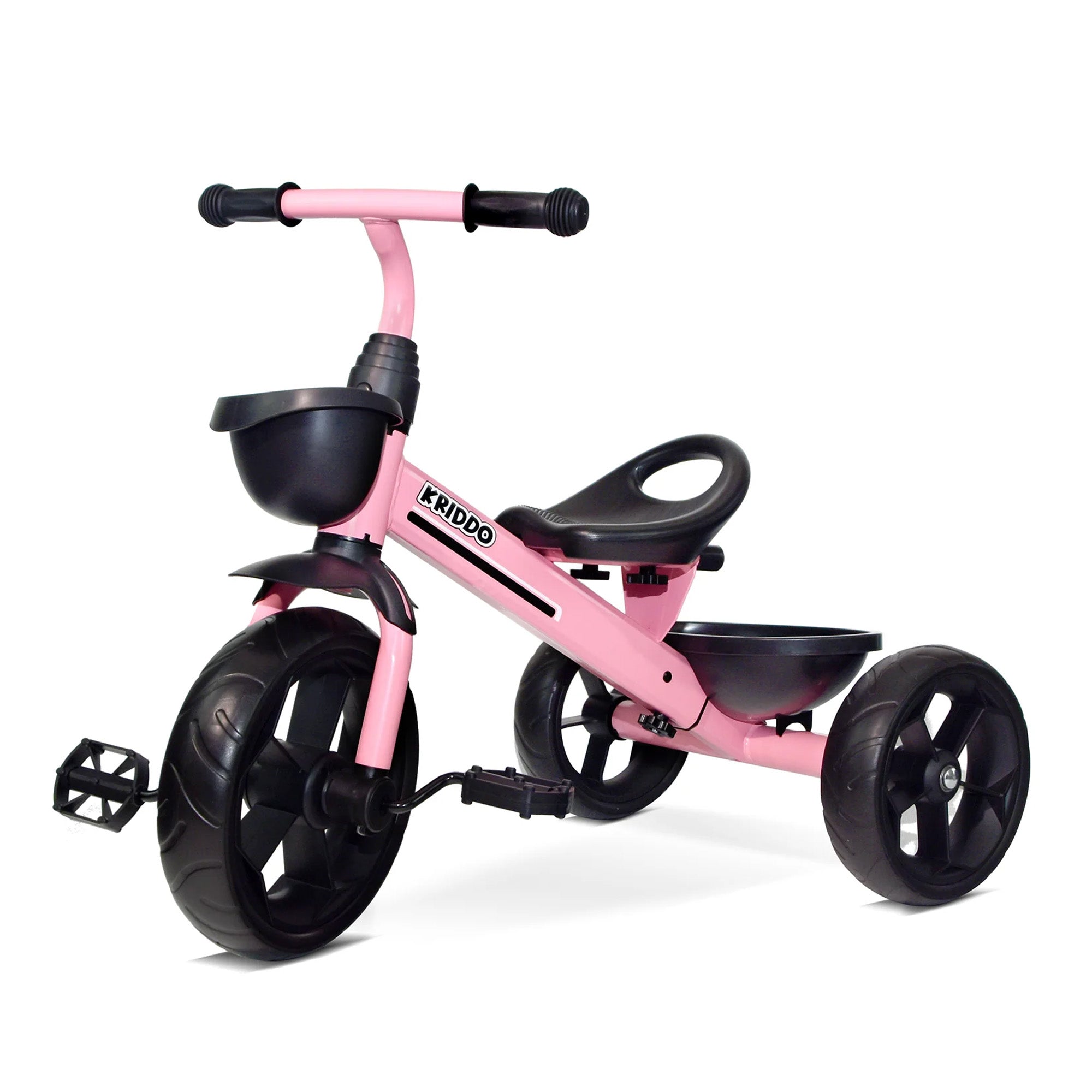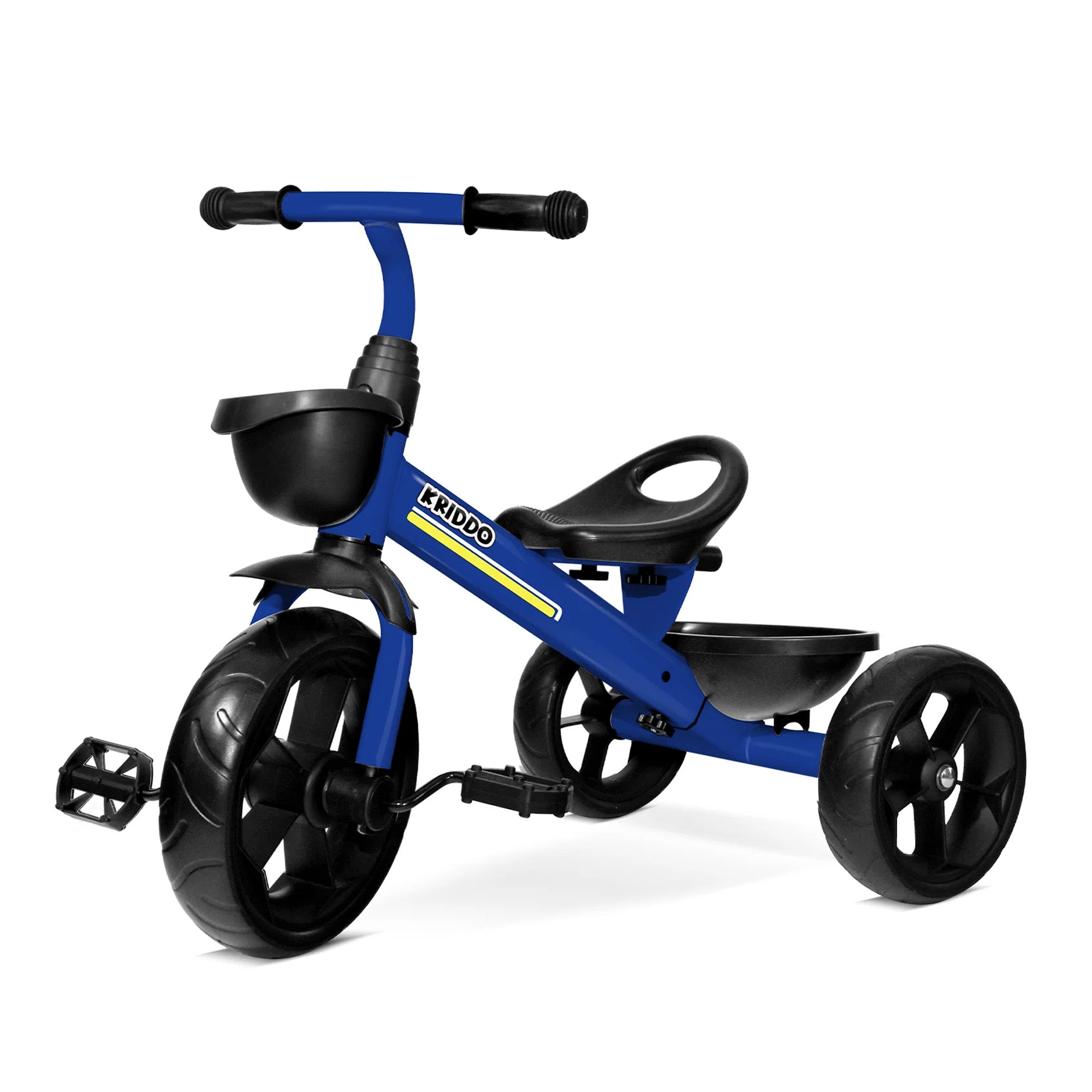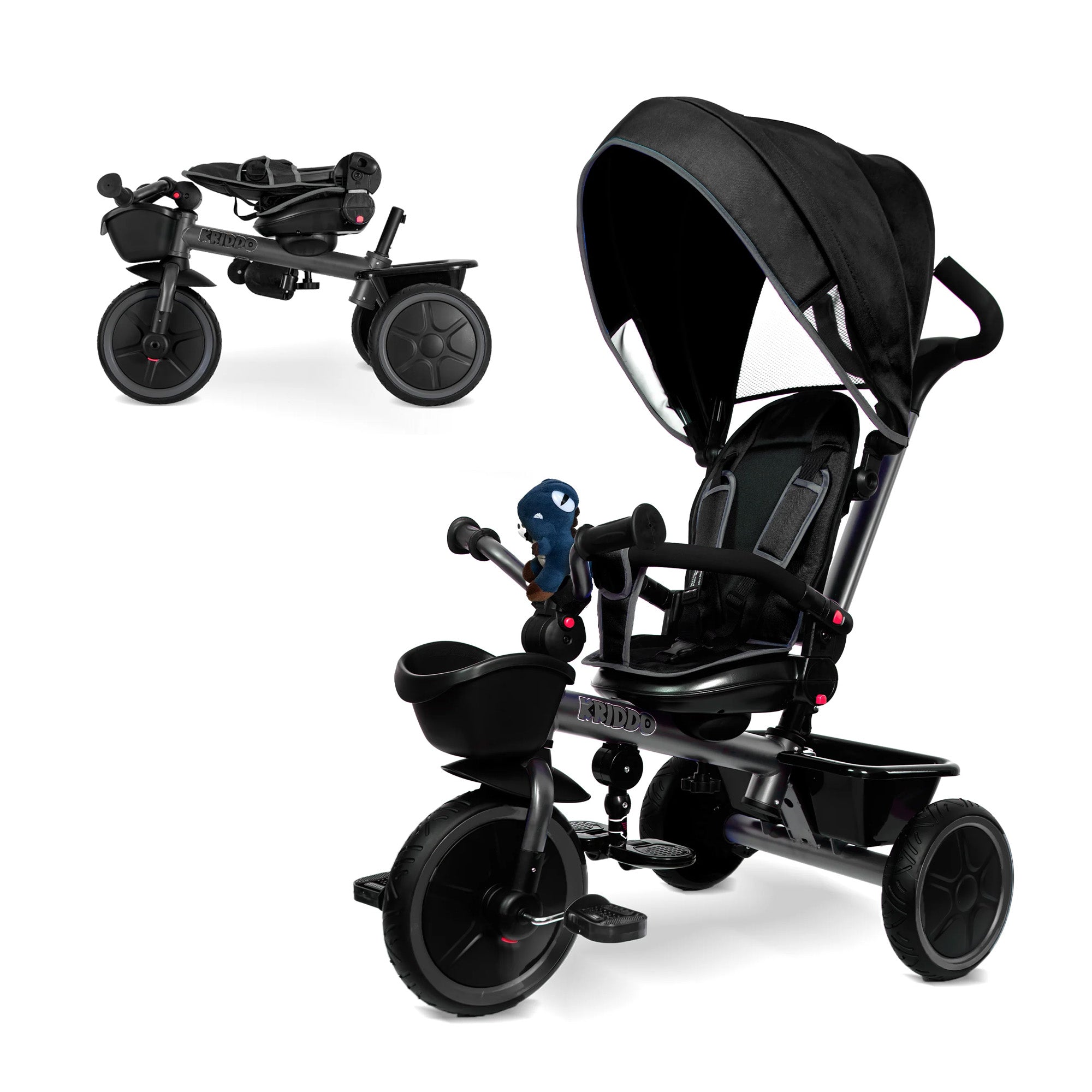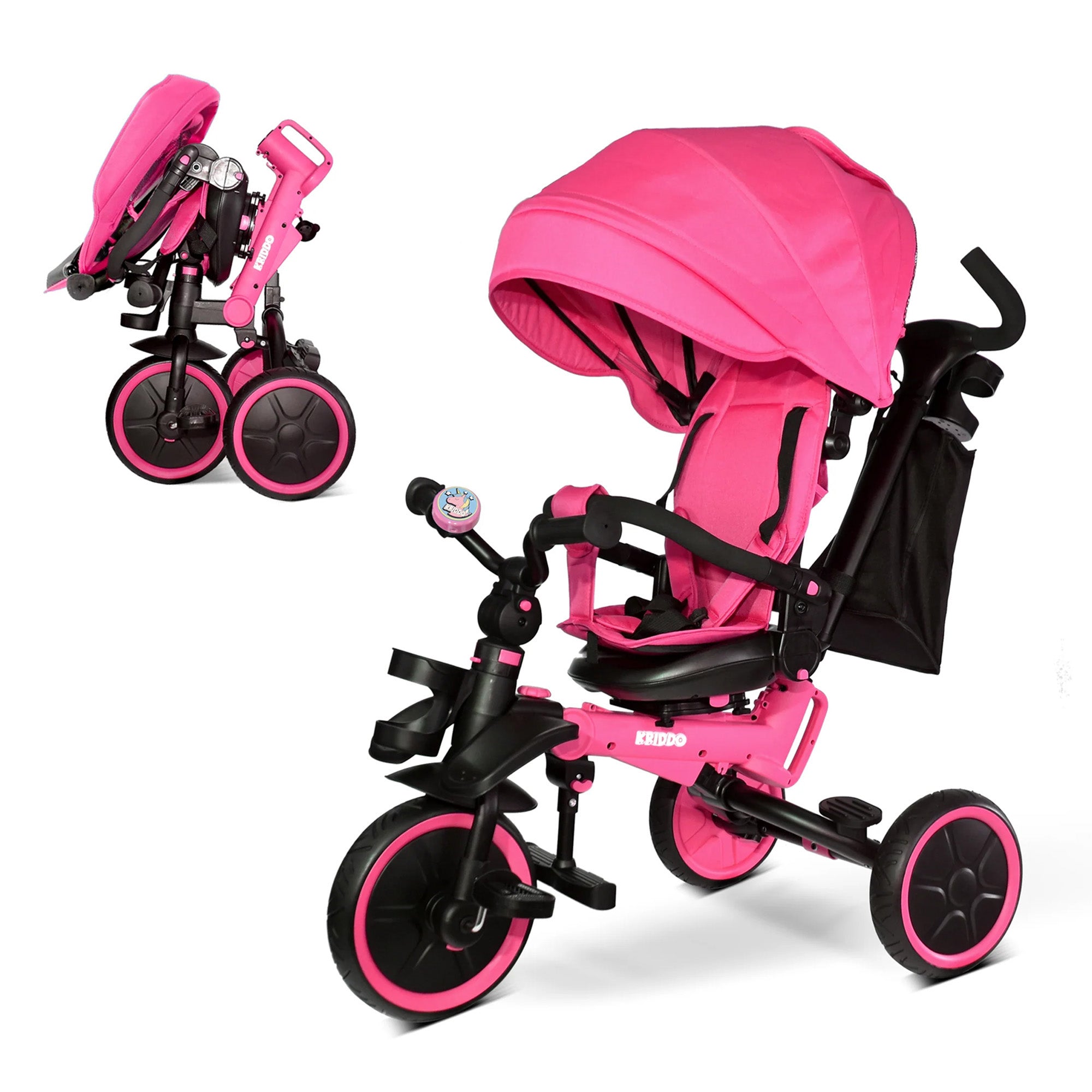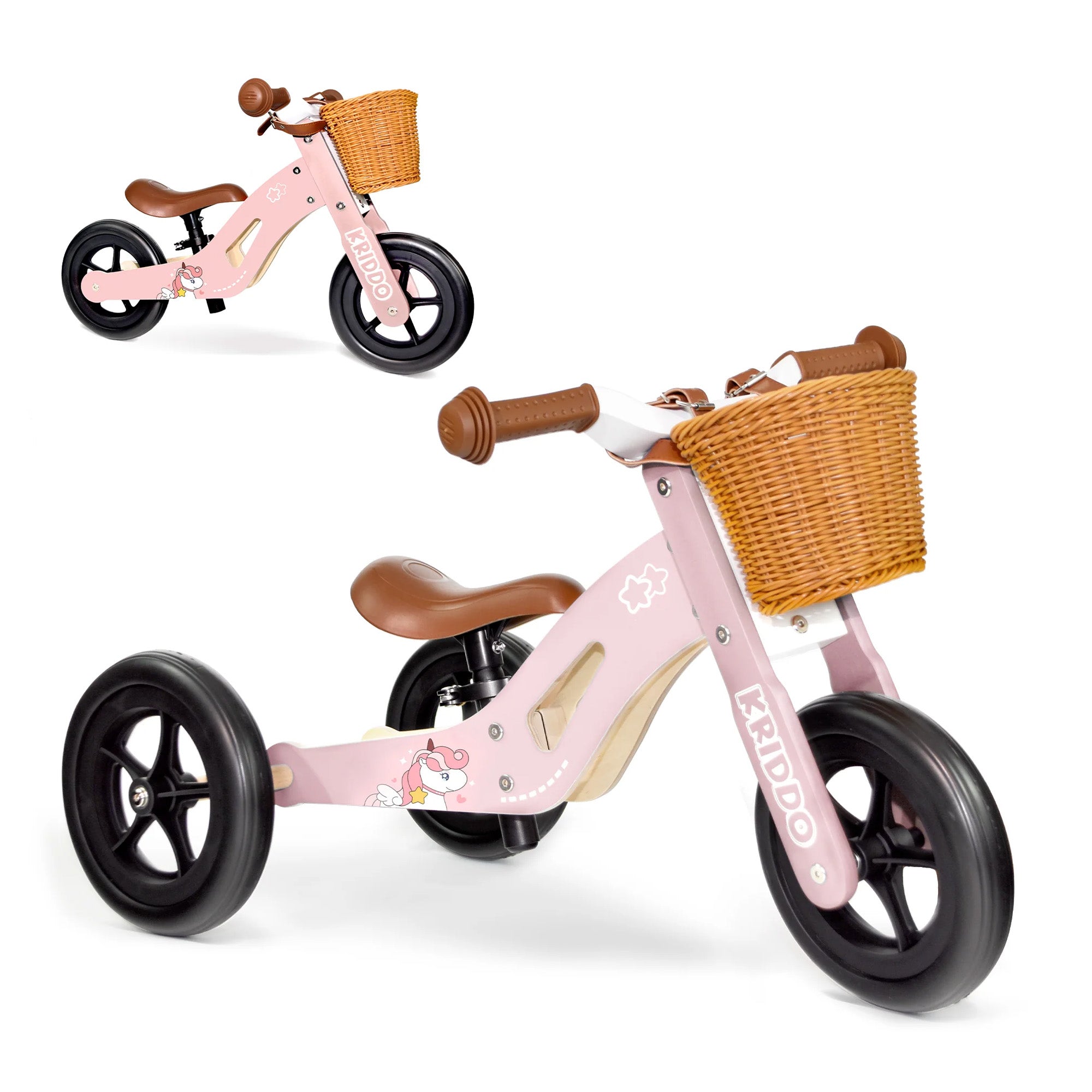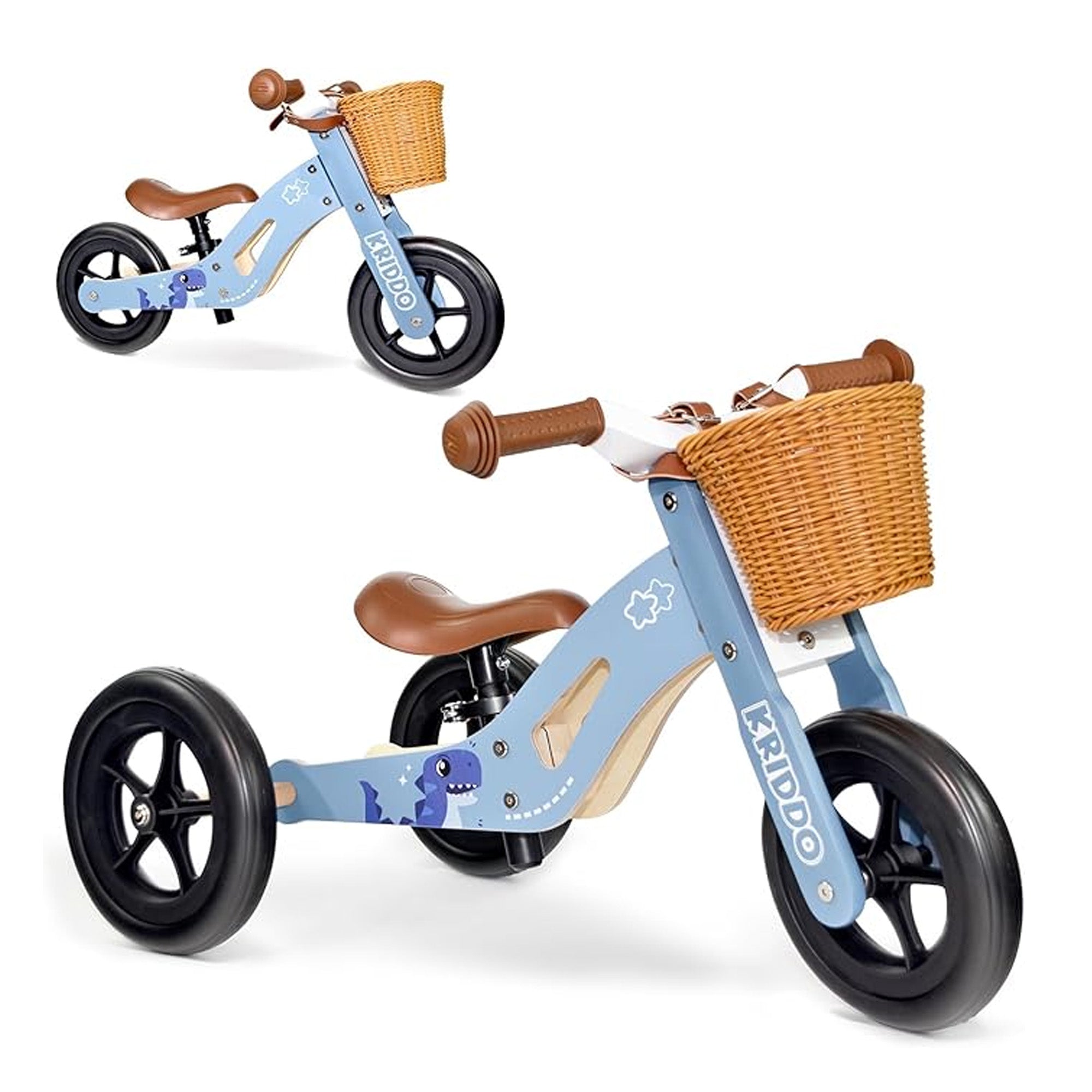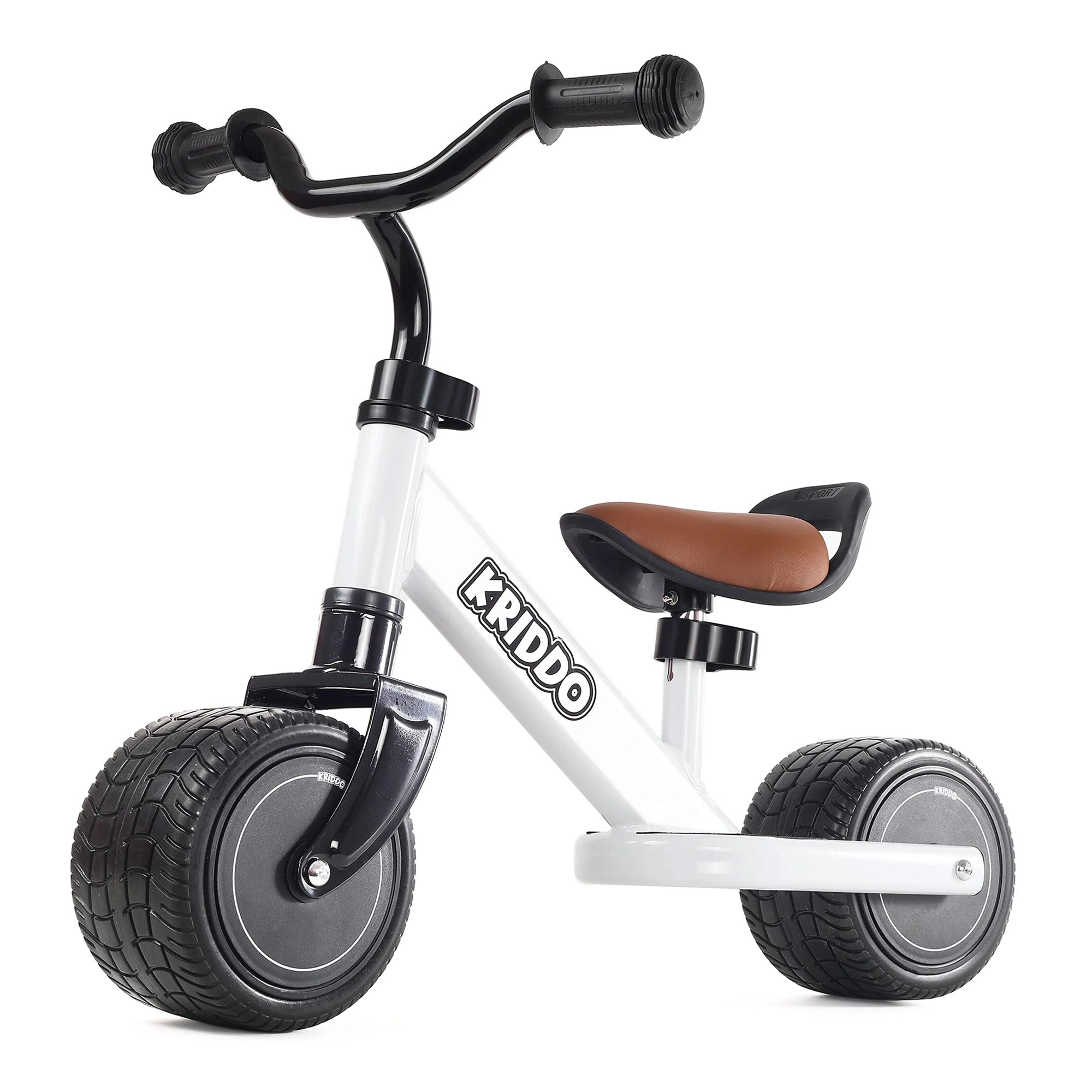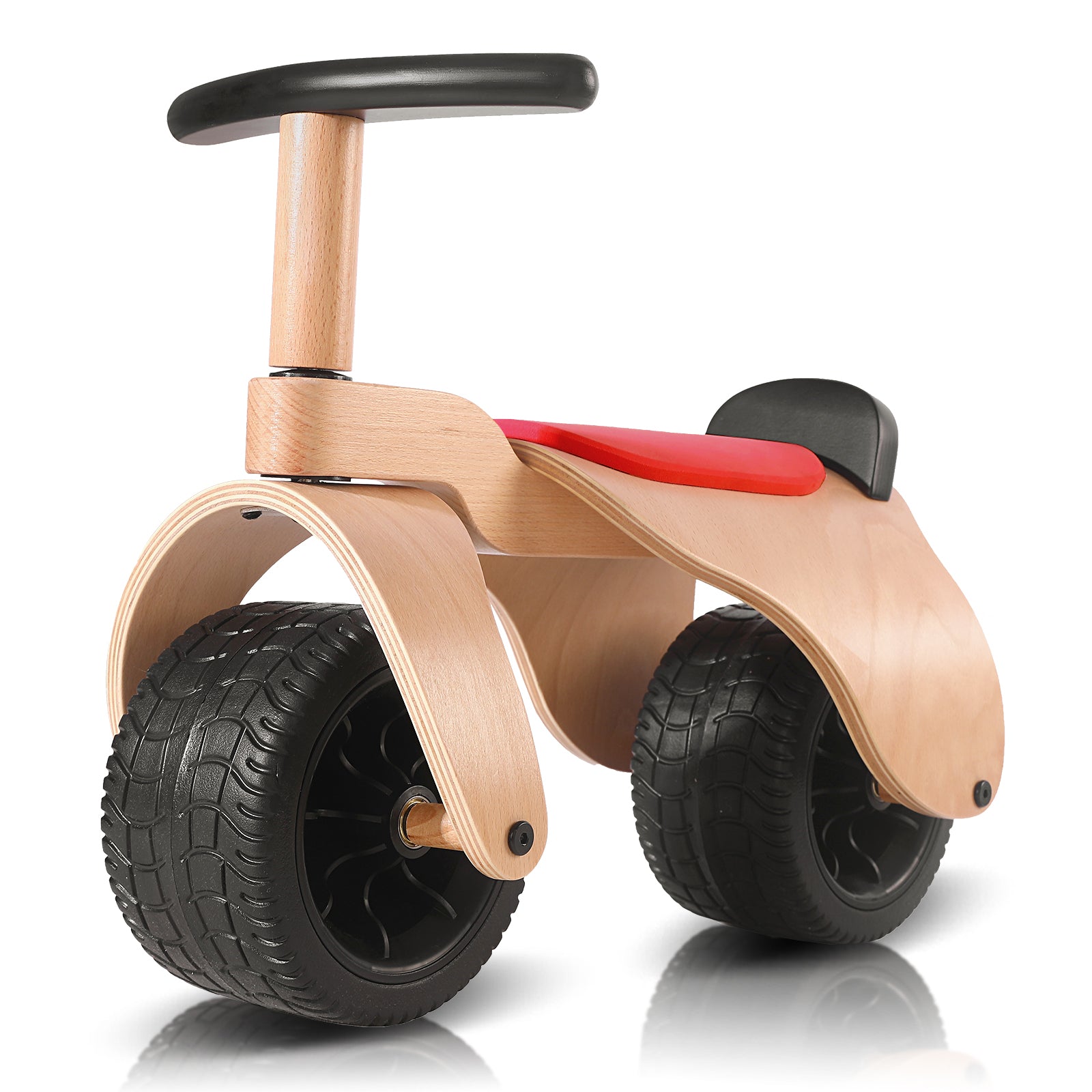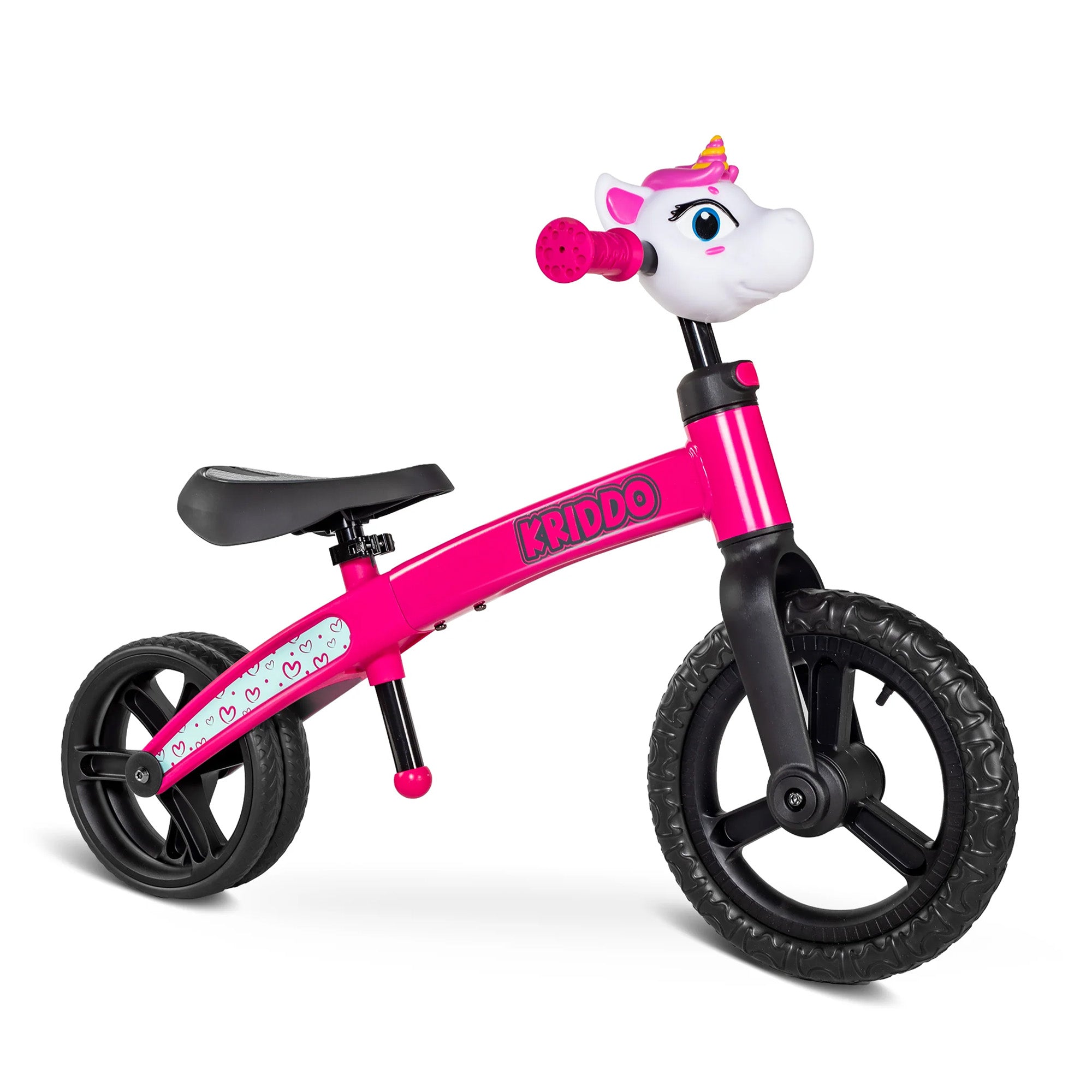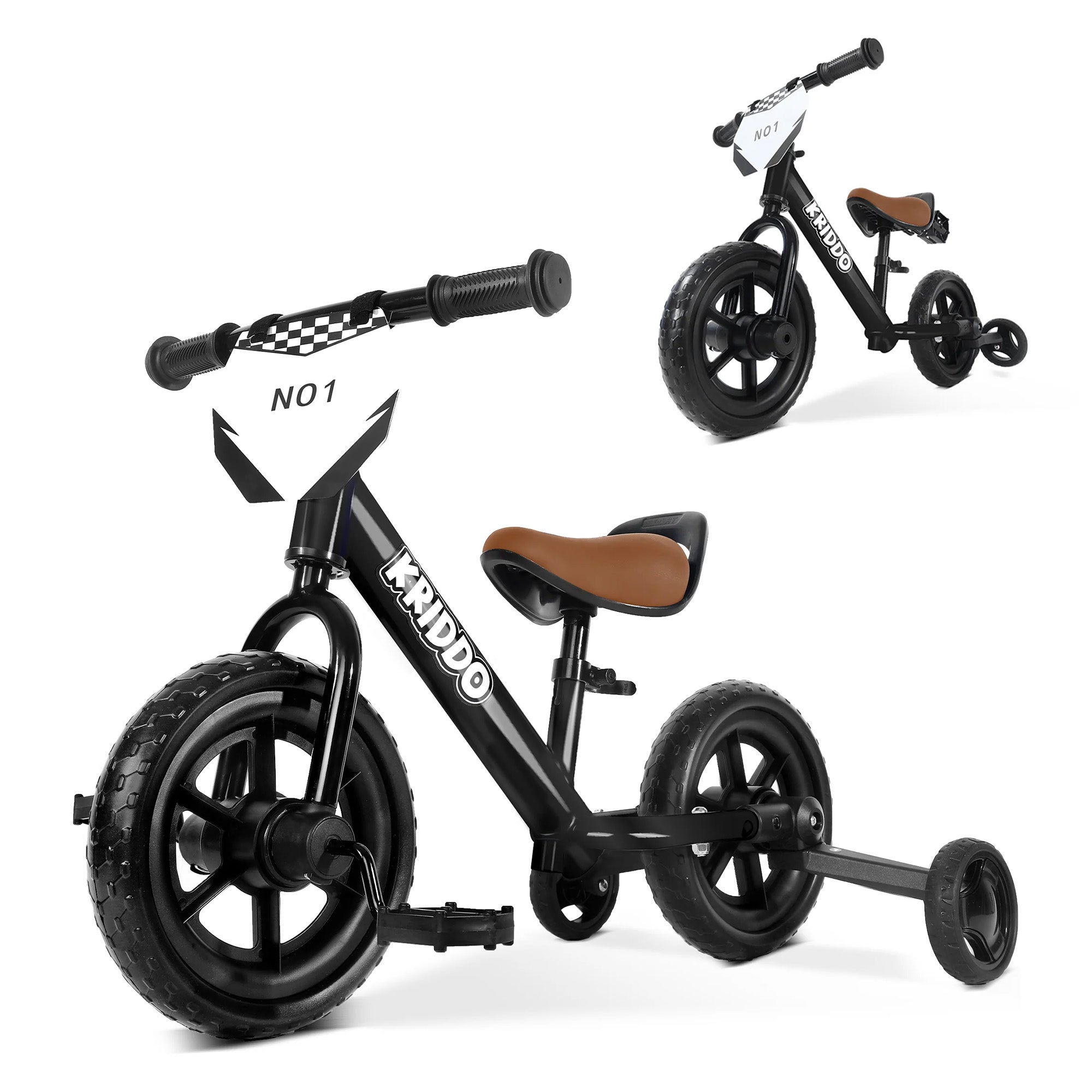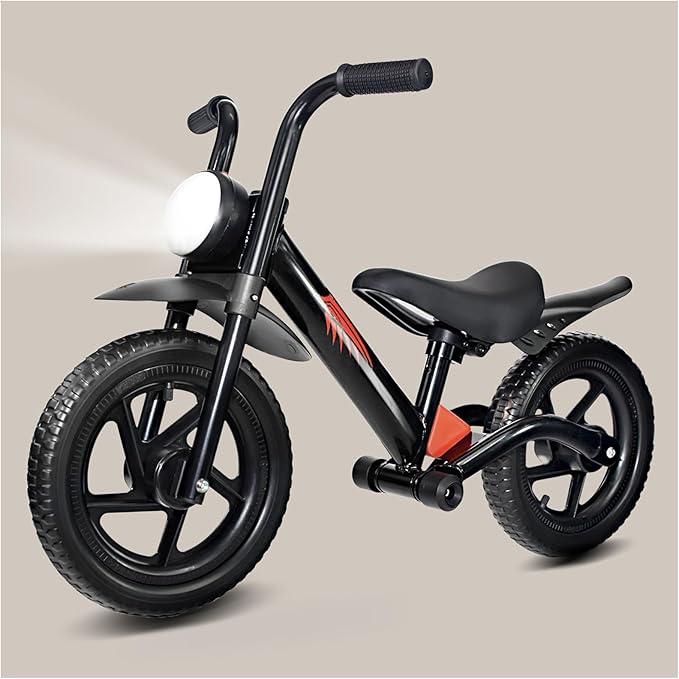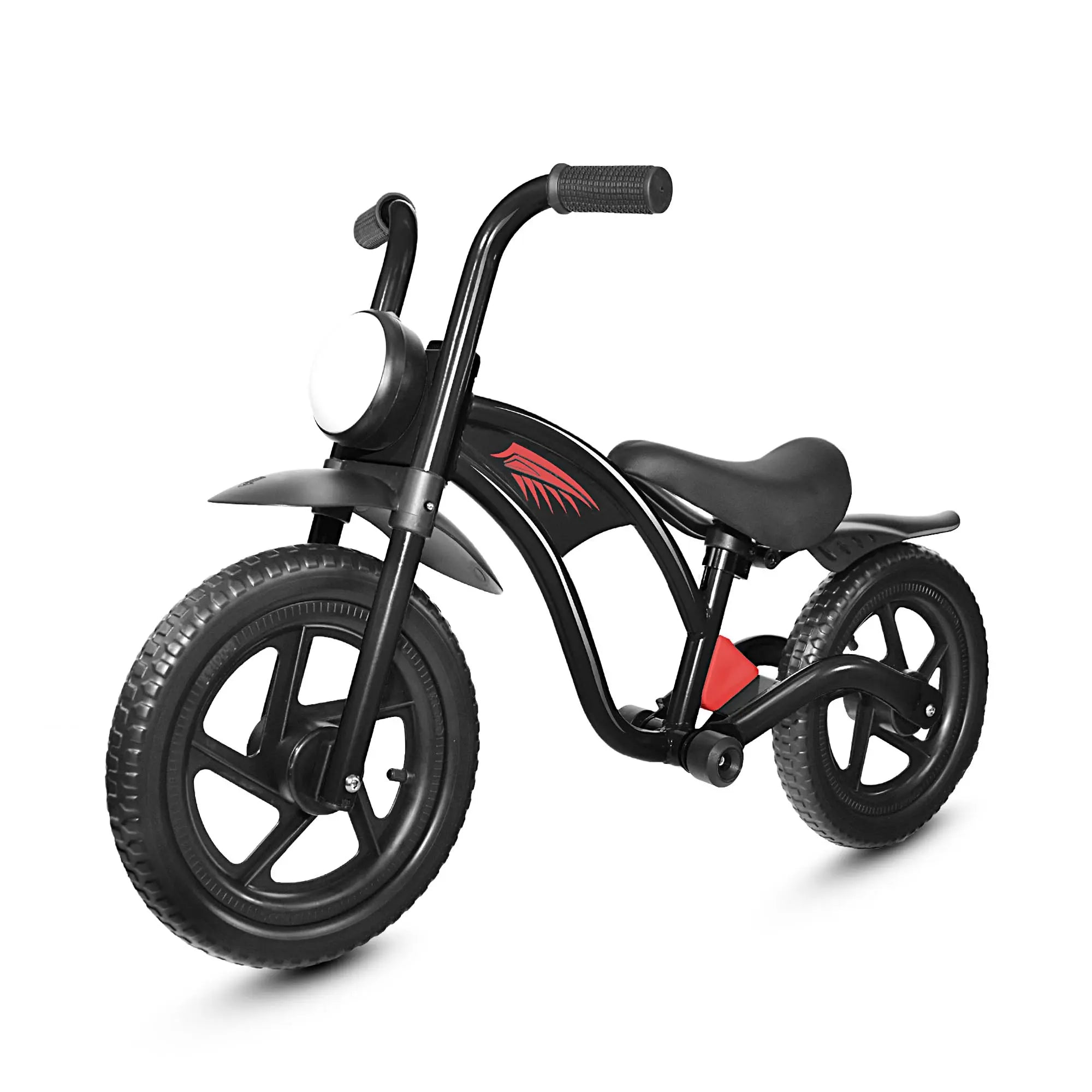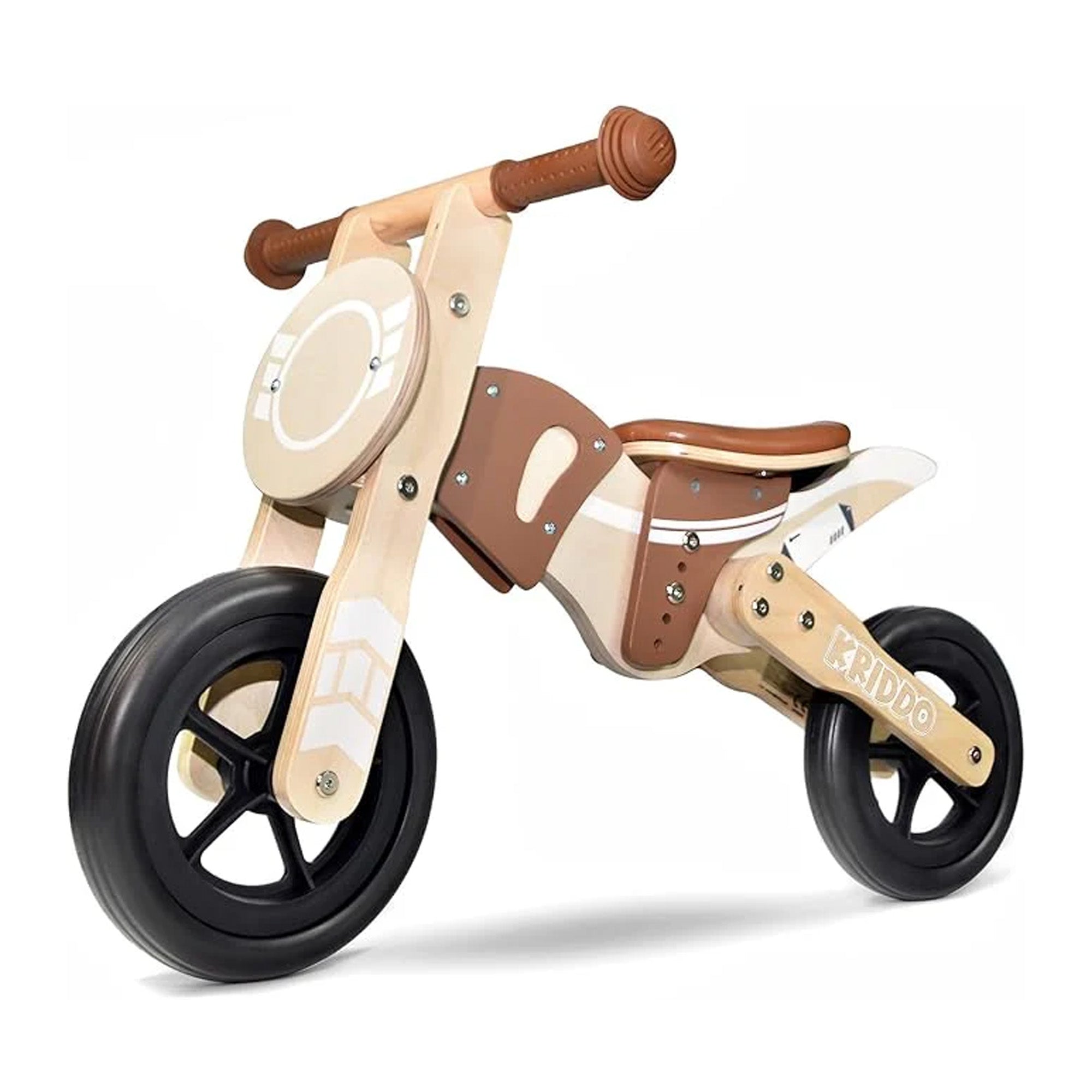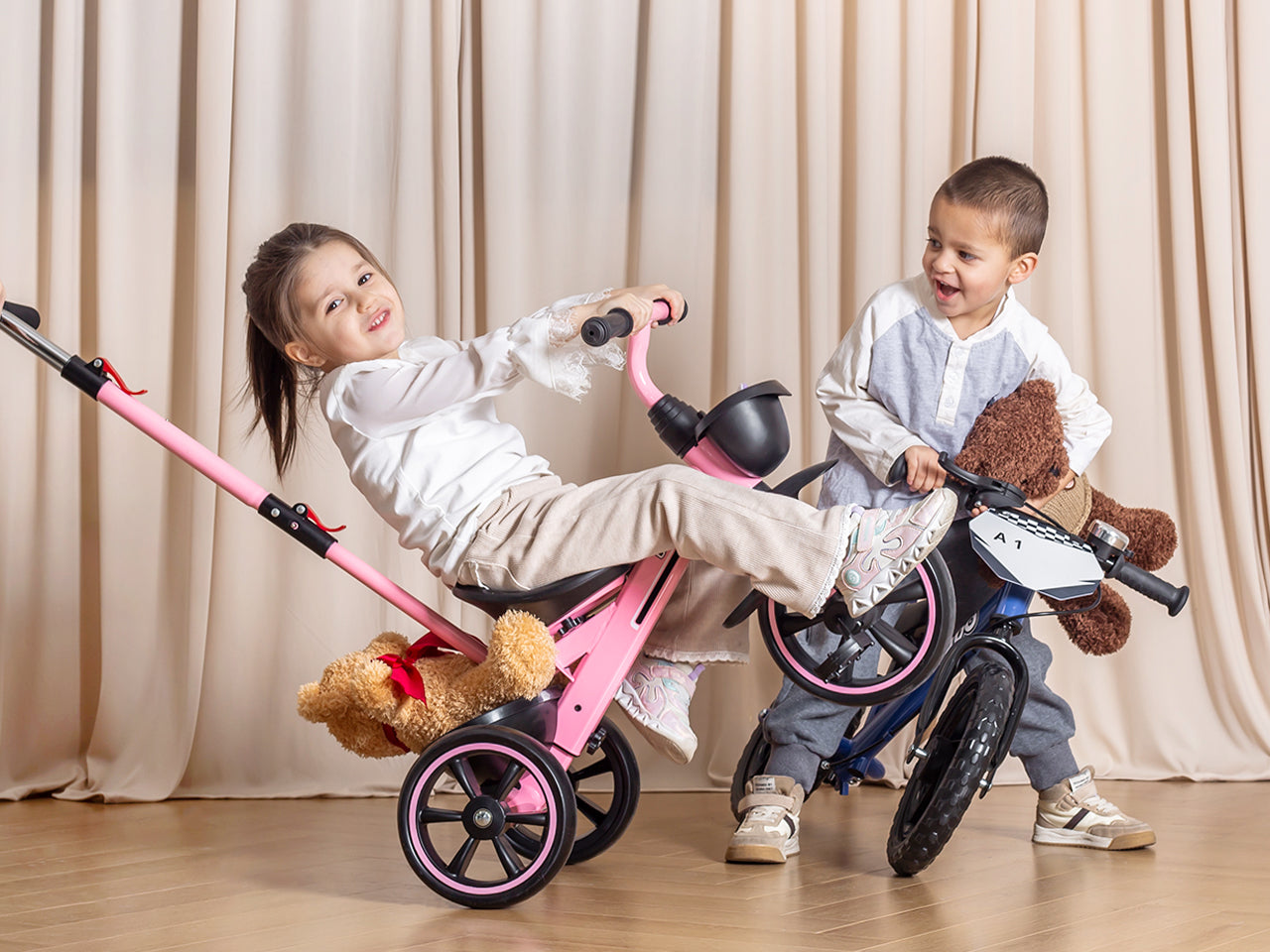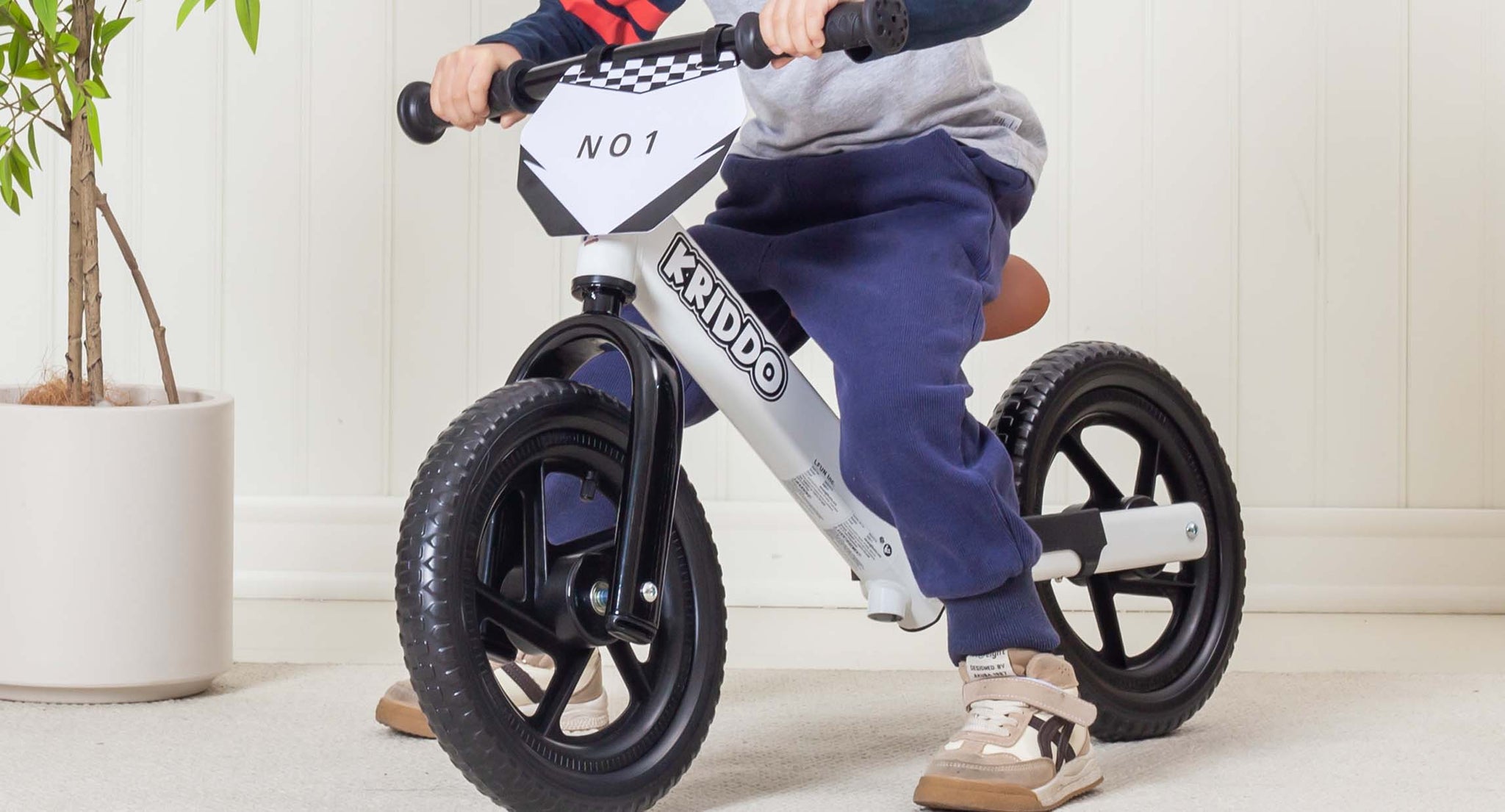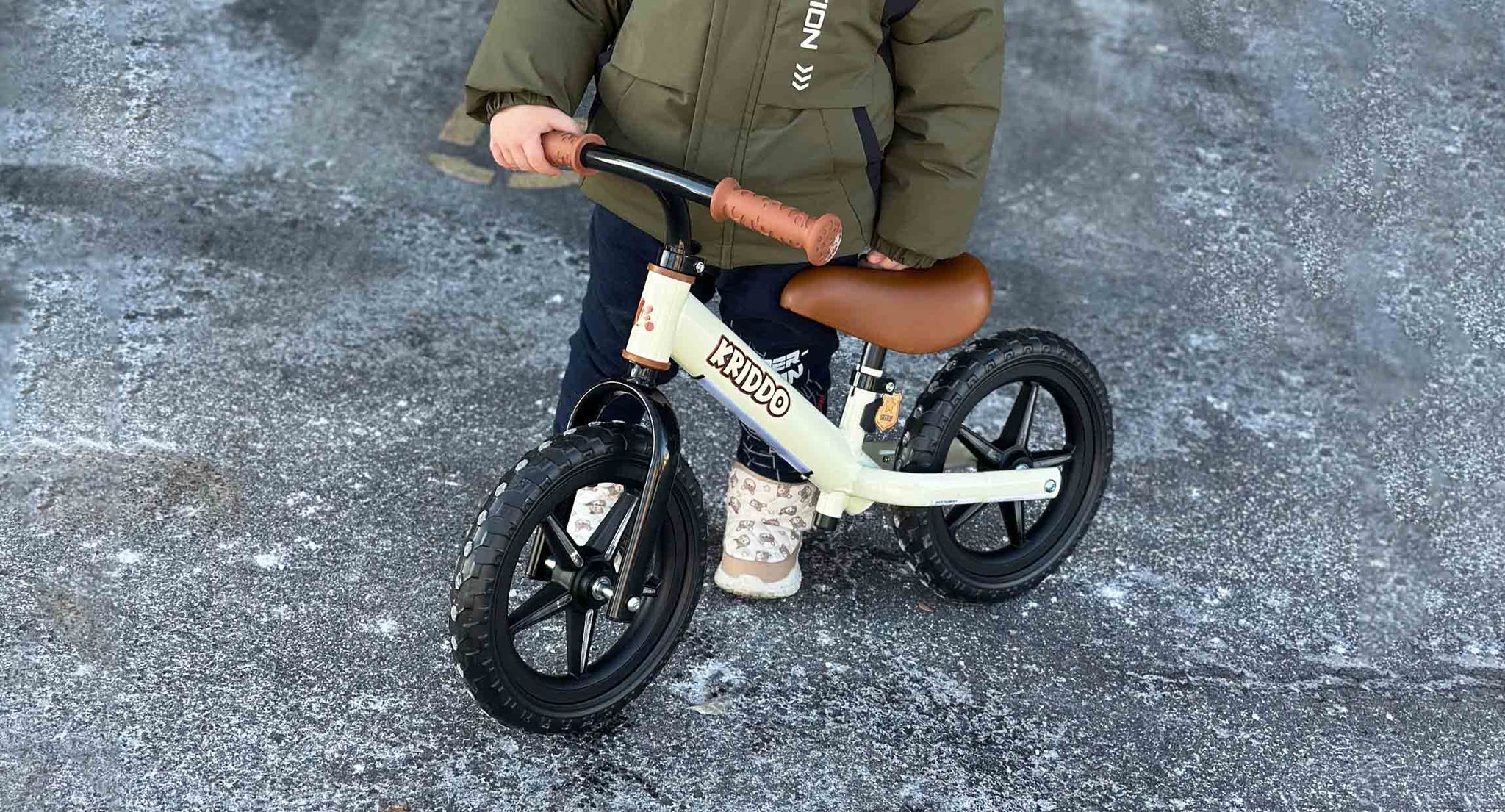Kids Friendship:
How to Help Children Build Social Skills
Louis | 30th, Sep
When we talk about childhood, friendship often comes to mind right after family. Kids don’t just learn ABCs and numbers—they also learn how to make friends, share, cooperate, and handle little conflicts. And honestly, kids friendship is more than playdates and birthday parties; it’s a window into how children grow emotionally, mentally, and socially.
According to the World Health Organization (WHO) Child Development Standards, healthy social skills are marked by adaptability, empathy, cooperation, and self-regulation. Let’s unpack what that means in everyday life and, more importantly, how parents can guide their little ones on this journey.
What Friendship Looks Like at Different Ages

Friendship doesn’t look the same for a 6-month-old as it does for a 6-year-old. Kids grow through stages, and each one gives parents a chance to encourage healthy interaction.
- Reflex Stage (0–6 months)
Babies get attention through crying, smiling, and cooing. A typical moment? Smiling at faces or tracking a toy. Parents can support this by mimicking baby sounds and engaging in plenty of face-to-face “conversations.” - Social Awakening (6–18 months)
This is when separation anxiety pops up and kids start following simple instructions. Waving “bye-bye” or pointing to what they want are classic moves. Simple games like peek-a-boo help them understand object permanence—and honestly, it also builds trust. - Parallel Play (1.5–3 years)
Toddlers are masters at playing side by side without really playing together. Snatching toys is common, but so is imitation. Parents can reduce conflicts by offering identical toys and modeling phrases like, “It’s your turn now.” - Associative Play (3–4 years)
Now comes role play and rule-based games. Kids can hold interactions for five minutes or more, which is big progress. Activities like pretend cooking or puzzle building are great ways to teach cooperation. - Cooperative Play (4–6 years)
Friendships start forming with real give-and-take. Children understand fairness and teamwork, often seen in team sports or group building tasks. Parents can guide them to resolve conflicts with words, not just emotions. - Complex Social Relations (6–12 years)
Deep friendships emerge, along with peer group hierarchies. Kids have “best friends” and care a lot about how others see them. At this stage, guiding children through schoolyard dynamics and teaching critical social thinking is key.
The Parent’s Role: Observe, Guide, Support
Friendship doesn’t come with a manual, but parents can be the subtle coaches in the background. Think of it as a three-step method: observe, guide, support.
- Observe: Notice what your child is watching, listening to, or doing. Get down to their level—literally, sit eye-to-eye. That’s how you pick up on what matters to them and when you can step in naturally.
- Guide: Follow your child’s interests. If your toddler is pushing toy cars, you can expand the game by racing them down a slope or taking turns. Narrating what they’re doing helps them connect words to actions.
- Support: Offer prompts when needed—like showing them how to take turns with toys. And don’t forget to cheer them on. Instead of generic “good job,” say something specific: “I love how you gave the car to Dad—that was kind!”
Teaching Kids What Friendship Really Means

Sometimes, the best way to teach is simply to talk about it. Ask your child: What is a friend? Listen carefully, then share your own definition. You might say:
“Friends are people we enjoy spending time with. They make us feel happy, special, and safe.”
From there, brainstorm together what friends actually do. Do they share toys? Help each other? Cheer when someone wins a game? Write down your child’s answers and revisit them often. It’s a powerful reminder of what friendship should feel like.
Don’t Overreact to Age-Appropriate Behavior
Kids will grab toys, get upset, and sometimes say hurtful things. It’s part of the learning curve. The key is not to overreact but to guide.
If your child takes a toy, gently explain why that hurts their friend’s feelings and encourage them to apologize. Then, offer a better solution: “Next time, ask if you can take turns.”
These small, calm corrections teach children not just the rules of play, but the essence of kindness and empathy.
Practical Ways to Boost Social Skills
You don’t need complicated programs to raise socially skilled kids. Everyday interactions do the heavy lifting. Here are a few simple yet effective strategies:
- Play cooperative games: Soccer, building with blocks, or cooking together.
- Encourage role play: Pretend shopping, being superheroes, or playing “teacher.”
- Model empathy: Show how to comfort someone who’s upset.
- Use storytelling: Read books where characters solve problems with friends.
- Celebrate effort, not just success: Praise kids for trying to share, even if it doesn’t go perfectly.
Why Kids Friendship Matters More Than We Think

Close friendships don’t just brighten childhood—they lay the groundwork for healthy relationships later in life. Children who learn empathy, teamwork, and how to navigate conflicts early tend to grow into adults who collaborate well, manage stress effectively, and build lasting support networks.
And honestly—don’t we all hope our kids have that special friend they can still call at midnight years down the line?
Featured Products







